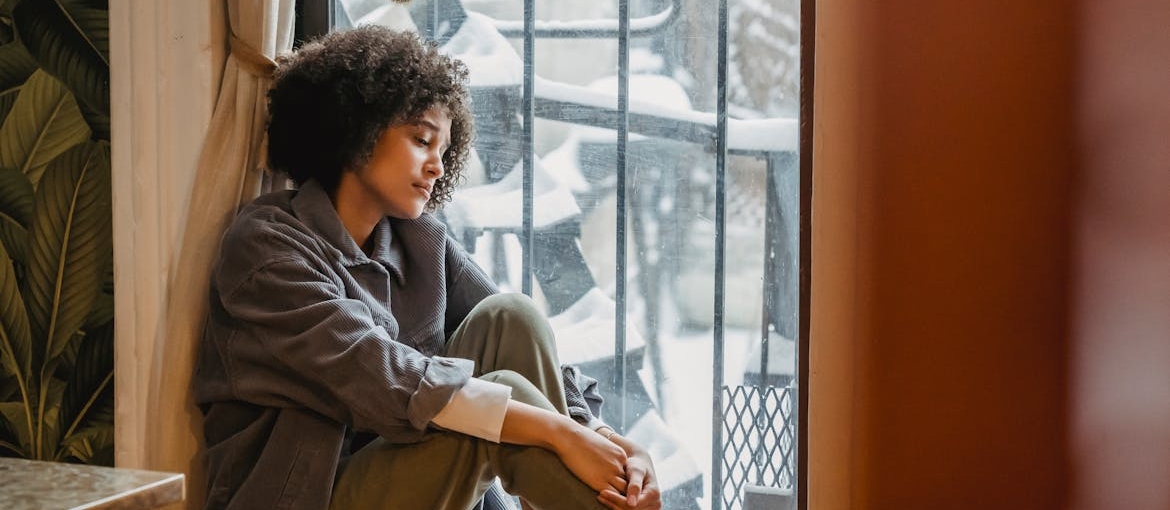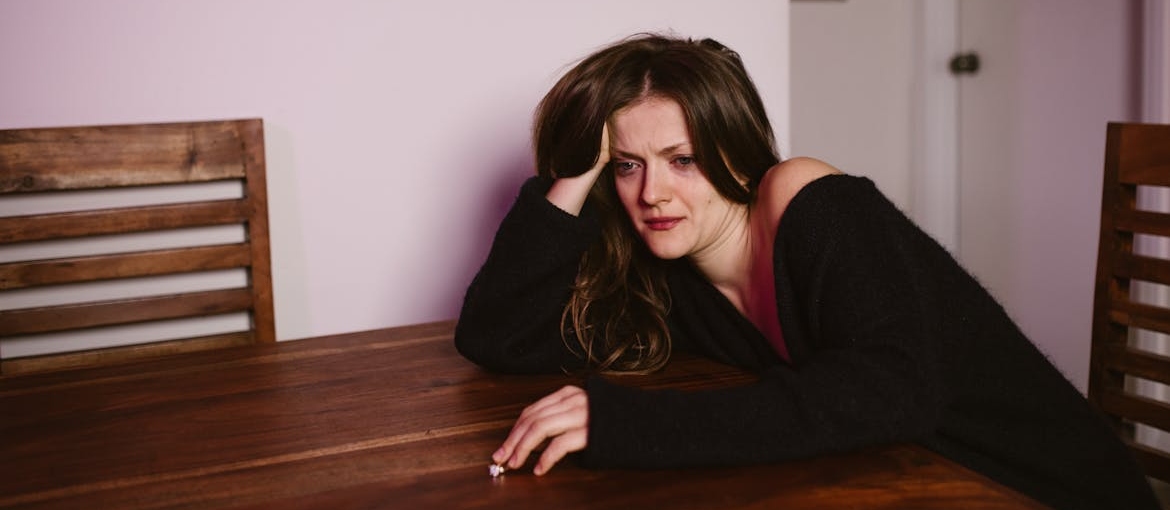Most people expect to feel better in the summer. Longer days, vacations, and sunshine seem like a mood boost. But that’s not always the case. You might feel restless, anxious, or even down for no clear reason. So, can you get seasonal depression in the summer? Yes—and it can affect daily life more than people think. Some even turn to alcohol or drugs to cope. That creates a risk that’s hard to face alone. If your symptoms are getting worse or you’ve started using substances to manage them, it may be time to get help. A drug and alcohol rehab in West Virginia can support both mental health and addiction recovery, so you don’t have to struggle through summer depression without support.
What Is Seasonal Depression and When Does It Happen?
Seasonal depression is more than a mood dip. It’s a real form of depression that changes with the seasons. Most people know about winter SAD, but some experience symptoms in the summer instead. This condition affects sleep, appetite, energy, and mood. It can lead to isolation, anxiety, and even substance use.

Treatments like cognitive behavioral therapy for substance use disorders may help if the symptoms overlap. Seasonal depression in summer is real and deserves just as much attention as winter SAD. You don’t have to wait for it to pass on its own—help is available.
Can You Get Seasonal Depression in the Summer?
Can you get seasonal depression in the summer? Yes, and it often surprises people. Some feel worse as the heat rises, not better. The causes include sleep problems, too much light, or pressure to be social. People may feel out of place when everyone else seems to enjoy the season.
You might ask yourself, “Why do I feel worse in summer?” You’re not alone. For some, this distress leads to drug or alcohol use. In these cases, motivational interviewing for substance abuse can help uncover the reasons behind the behavior and support recovery without judgment.
Signs You May Be Struggling With Summer SAD
Summer depression looks different than winter SAD. Here are signs that may point to summer seasonal depression:
- Trouble sleeping: Insomnia is common with summer seasonal depression
- Feeling agitated: You might feel more irritable or anxious
- Loss of appetite: Some skip meals or eat much less
- Weight loss: This may follow from appetite changes
- Social withdrawal: Avoiding friends or events becomes easier than showing up
- Racing thoughts: Your mind may feel restless all day
- Increased alcohol use: Drinking more to relax or fall asleep

Why Summer Depression Can Increase the Risk of Substance Abuse
Heat, light, and disrupted routines can all make seasonal depression summer symptoms worse. For some people, that triggers the urge to drink or use. It’s harder to stay grounded when sleep and mood are already affected. When summer depression overlaps with substance use, it’s a serious concern.
In these cases, dual diagnosis treatment West Virginia programs help people manage both issues at the same time. They treat mental health and addiction together instead of as separate problems. That kind of care can help people stop the cycle and start feeling like themselves again.
The Link Between Seasonal Depression and Relapse Risk
Many people in recovery struggle more when their mood shifts. So, can seasonal depression happen in summer? Yes—and it can raise relapse risk. People might isolate, skip support meetings, or feel like coping tools no longer work. These patterns can lead someone back to substance use, especially when symptoms feel overwhelming.
If you’ve quit benzos or other substances before, benzo addiction treatment programs may offer added support when seasonal depression flares up. Knowing what you’re facing—and getting support early—can stop a short setback from becoming something worse.
How to Cope With Seasonal Depression in Warmer Months
Simple changes can make a big difference. These tips can help manage seasonal depression in summer without turning to substances:
- Keep a steady routine: Go to bed and wake up at the same time
- Use blackout curtains: Control the light if it keeps you awake
- Stay cool: Air conditioning or cold showers help reduce irritability
- Get support: Talk to someone if your mood starts to drop
- Cut down on substances: Drinking or using makes symptoms worse
- Move your body: Gentle exercise can regulate your mood
- Set social limits: You don’t need to go to every event

When to Seek Help for Depression and Substance Use
Is summertime sadness a real thing? Yes, and it’s more serious than most people think. Some experience mood changes so intense they start using substances just to cope. That can quickly lead to addiction. If your symptoms are building, or you’ve already started using, don’t wait.
A drug rehab center Fairmont WV residents trust offers help with both issues. You’ll get mental health care and addiction support in one place. Can seasonal depression happen in the summer? Absolutely—and if it’s affecting you, it’s okay to reach out. Getting help early can prevent bigger problems later.
Take Action if Summer Depression Is Affecting You
If you’ve been wondering, can you get seasonal depression in the summer, the answer is yes—and it’s more common than you might think. Feeling off, losing sleep, or turning to substances to cope isn’t just stress. It’s something that deserves attention. Summer depression can sneak up quickly, especially when everyone else seems happy and active. You don’t have to push through it alone or wait for things to get worse. Talk to someone. Reach out to a professional. Getting help for your mental health and any substance use can make a real difference. There are safe, judgment-free ways to feel better again. Support is available, and asking for it is a strong step forward. You deserve to feel better—no matter what season it is.



